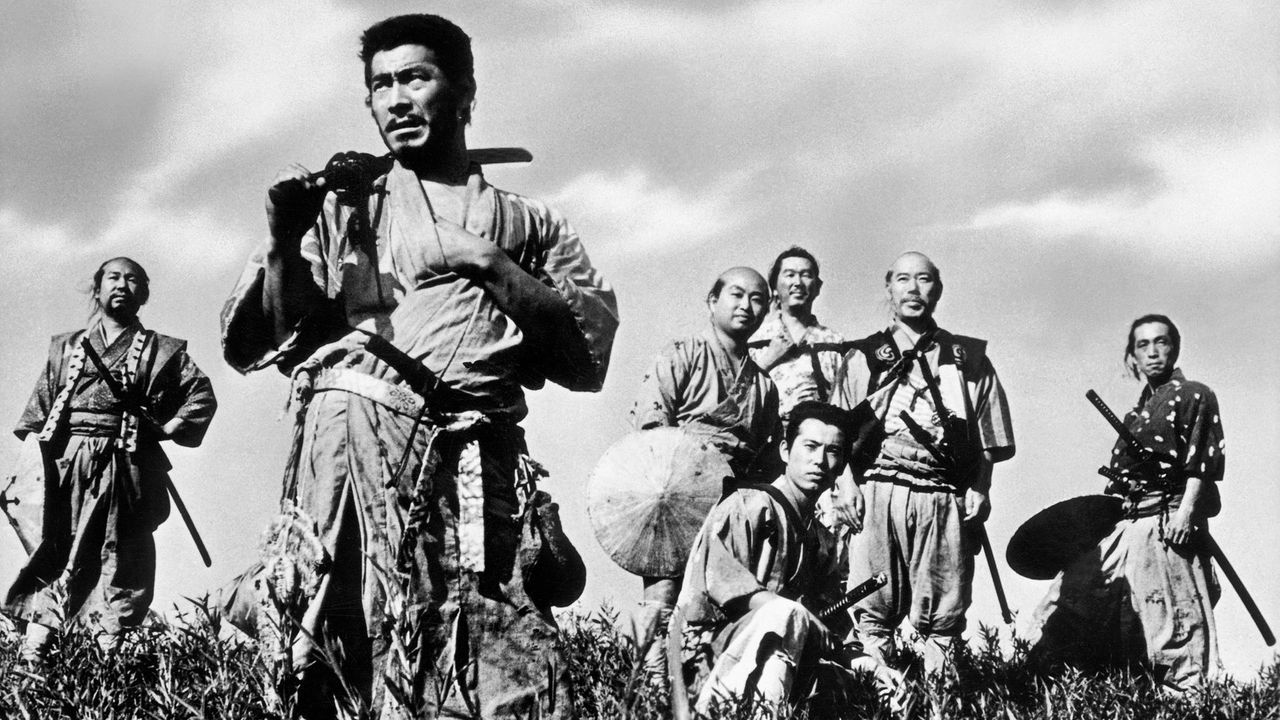The Princess Diaries: A Modern Fairytale of Self-Discovery and Grace
Released in 2001 and directed by Garry Marshall, The Princess Diaries is a delightful coming-of-age comedy that captures the timeless fantasy of an ordinary girl discovering she is, in fact, a princess. Based on Meg Cabot’s bestselling novel of the same name, the film blends humor, heart, and a touch of royal magic to deliver a story about identity, courage, and personal growth. With Anne Hathaway in her breakout role as Mia Thermopolis and Julie Andrews as her regal grandmother, Queen Clarisse Renaldi, the film remains one of Disney’s most charming live-action features.
Set in the picturesque city of San Francisco, the story follows Mia Thermopolis, a shy, awkward sixteen-year-old who feels invisible at school and struggles with her sense of self. Her world is turned upside down when she learns from her estranged grandmother that she is the heir to the throne of Genovia, a small European kingdom. Initially resistant to the idea, Mia must learn royal etiquette, public speaking, and confidence — all while navigating high school drama and newfound media attention. Her journey from clumsy teenager to poised princess mirrors the universal struggle of adolescence and the search for authenticity in a world full of expectations.

Anne Hathaway’s performance is central to the film’s enduring appeal. With her expressive charm and natural comedic timing, she perfectly captures Mia’s transformation without losing her character’s warmth or relatability. Julie Andrews, as the elegant Queen Clarisse, brings sophistication and maternal tenderness to the story, serving as both mentor and moral compass. Their on-screen chemistry creates a beautiful dynamic between generations — one rooted in mutual respect and love rather than control or formality.
Beyond the royal fantasy, The Princess Diaries carries meaningful themes about empowerment, integrity, and embracing one’s individuality. Mia’s evolution is not about conforming to a royal image but rather about discovering her inner strength and grace. The film emphasizes that true nobility comes from kindness, honesty, and courage — not from status or appearance. The famous line, “Courage is not the absence of fear, but the judgment that something else is more important than fear,” encapsulates the story’s core message.
Visually, the film radiates warmth and whimsy. The contrast between Mia’s messy San Francisco life and the polished world of Genovian royalty highlights her transformation both externally and internally. The soundtrack, featuring early 2000s pop hits, enhances the film’s youthful energy while complementing its lighthearted tone.

The Princess Diaries was both a critical and commercial success, earning praise for its humor, heart, and performances. It also launched Anne Hathaway’s career and reintroduced Julie Andrews to a new generation of moviegoers. The film’s success led to a sequel, The Princess Diaries 2: Royal Engagement (2004), further expanding Mia’s story as she steps into her royal responsibilities.
Ultimately, The Princess Diaries endures because it speaks to a universal dream — that anyone, no matter how ordinary, has the potential to shine. Through laughter, awkward moments, and heartfelt lessons, it reminds audiences that true royalty lies in being authentic and kind. Even decades after its release, the film remains a beloved fairytale that continues to inspire viewers to find the princess — or prince — within themselves.


